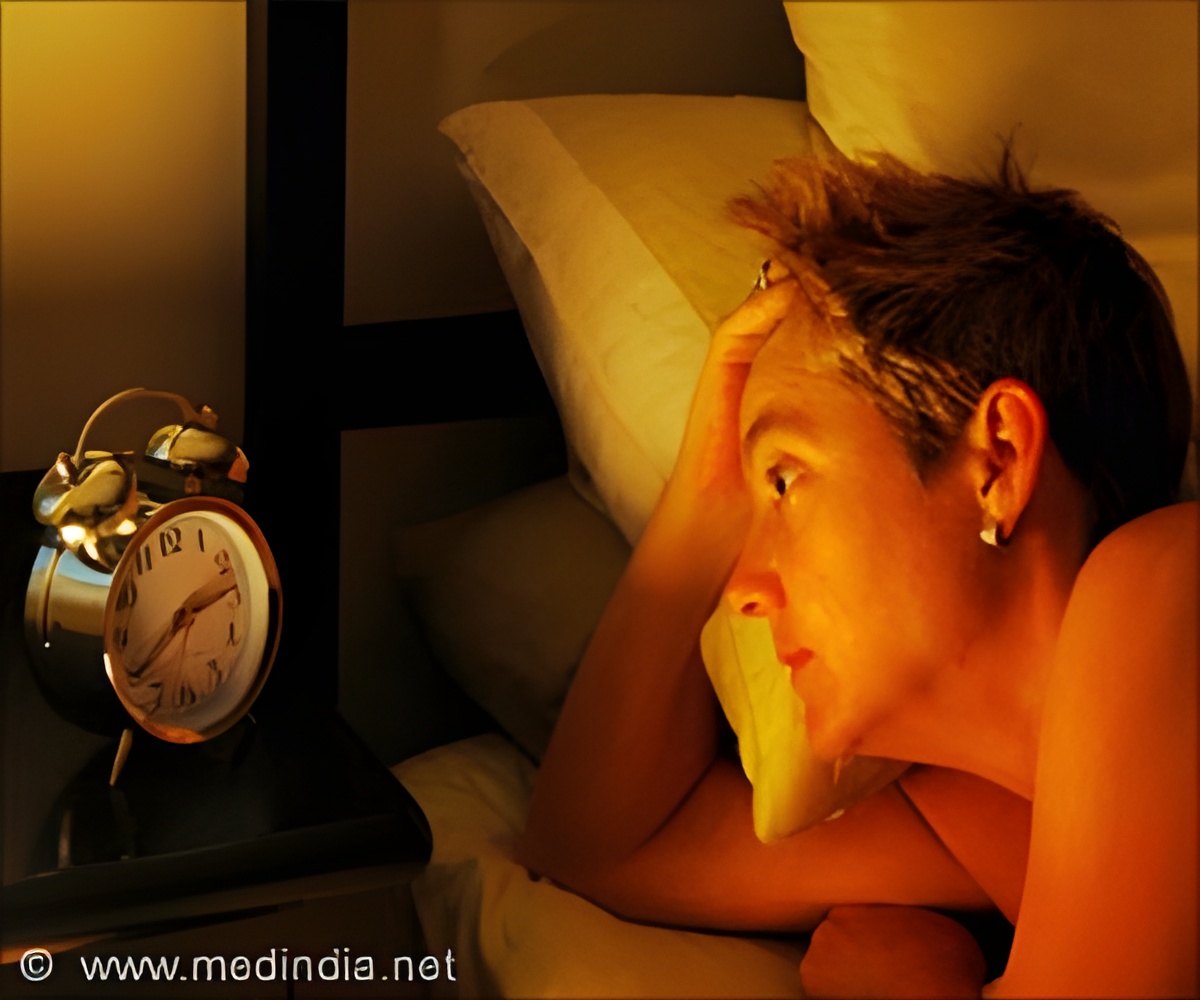Inadequate sleep may allow negative thoughts to stick around for longer and could result in anxiety and depression conditions.

‘Regular sleep disruptions are associated with difficulty in shifting one's attention away from negative information.’





"We found that people in this study have some tendencies to have thoughts get stuck in their heads, and their elevated negative thinking makes it difficult for them to disengage with the negative stimuli that we exposed them to," said Coles. "While other people may be able to receive negative information and move on, the participants had trouble ignoring it." These negative thoughts are believed to leave people vulnerable to different types of psychological disorders, such as anxiety or depression, said Coles.
"We realized over time that this might be important -- this repetitive negative thinking is relevant to several different disorders like anxiety, depression and many other things," said Coles. "This is novel in that we’re exploring the overlap between sleep disruptions and the way they affect these basic processes that help in ignoring those obsessive negative thoughts."
The researchers are further exploring this discovery, evaluating how the timing and duration of sleep may also contribute to the development or maintenance of psychological disorders. If their theories are correct, their research could potentially allow psychologists to treat anxiety and depression by shifting patients’ sleep cycles to a healthier time or making it more likely a patient will sleep when they get in bed.
The paper, "Shorter sleep duration and longer sleep onset latency are related to difficulty disengaging attention from negative emotional images in individuals with elevated transdiagnostic repetitive negative thinking" was published in ScienceDirect.
Advertisement
Source-Eurekalert















